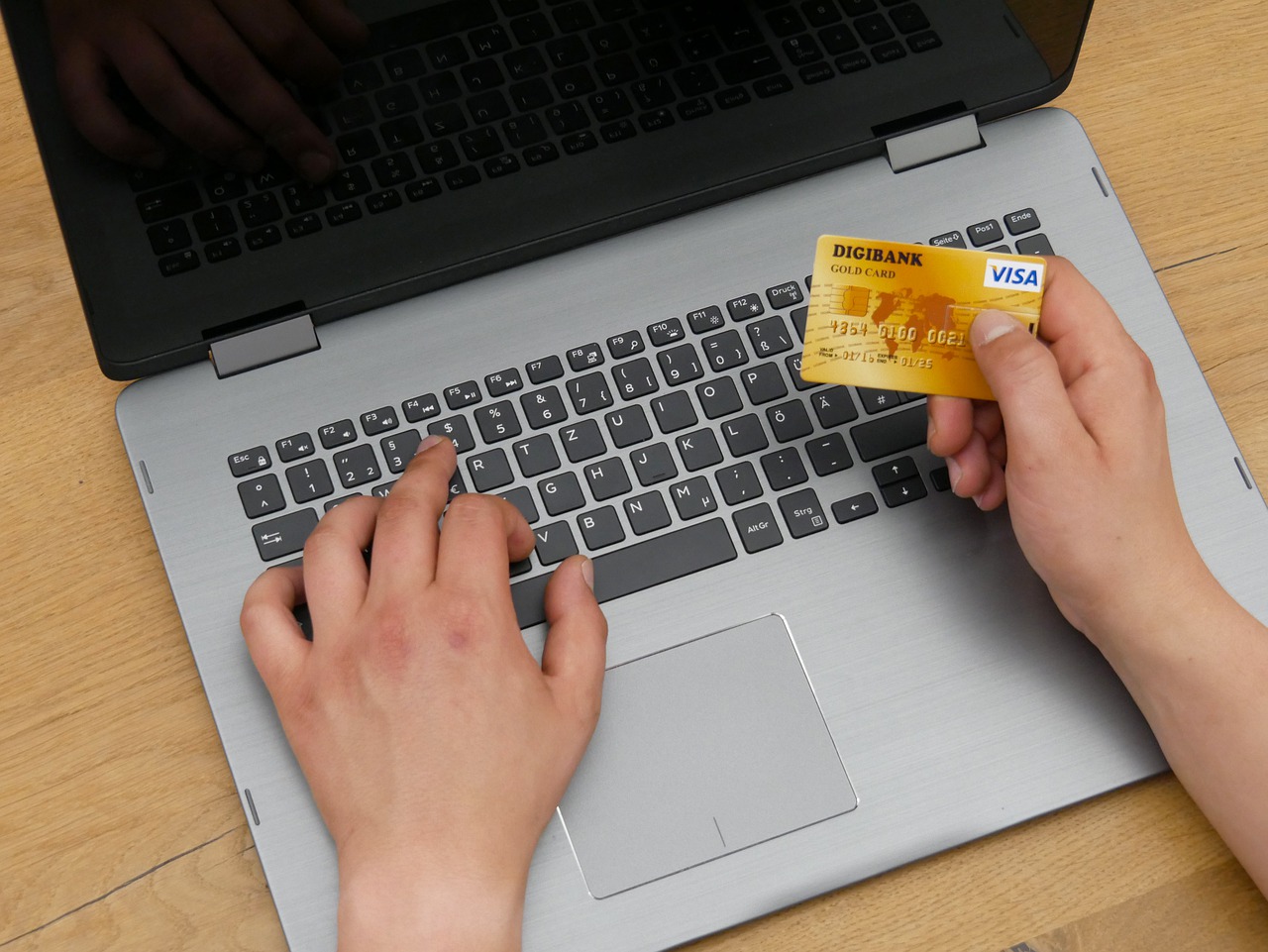August is “Fraud Month” and the Fraudsters are Targeting Back-to-School Shoppers
- August, it turns out, is the most popular month for fraud
- "Back to School" purchasing and new campus arrivals at college make for good targets
- Campus wifi can be a threat as well
We've always known that "back to school" makes August a big month for retailers, but here's a little-known fact: August, as it turns out, is also the most popular month for fraud. It's back-to-school time, after all, and that means a lot of purchasing!
The Berkshire Eagle reports via a column by Elliott Greenblott, a retired educator and coordinator of the AARP Vermont Fraud Watch Network, that scammers take advantage of this "buying season" to rope in victims in a variety of ways.

Criminals promote online scams by creating websites offering sought-after items at deep discounts. Computers and other tech items are sold at almost-unheard-of prices. Promotions might even note “tax-free” or free shipping from companies not recognized.
Step back! Remember the adage, “If it seems too good to be true. ...”
The Phishing Scam
Of course, we also have to be wary of "phishing expeditions" that can cause breaches in security allowing, among other things, check forgeries:
Scholarship and financial aid scams can be traps to collect so-called registration and application fees. Application forms can also be elaborate phishing expeditions to collect a wide assortment of personal information, including names, birthdates, Social Security number, driver’s license number and more.

Once scammers collect key information, they are just a cheap laser printer away from being able to create and print fake checks against the victim's account.
The Apartment Rental Scam
Imagine being a college student who has waited until the last minute to secure an apartment rental or moving service. When a bogus company seems ready to solve your problem after gathering just a few bits of important payment information, who can blame an unsuspecting and inexperienced student for jumping at the opportunity without considering what he or she is revealing?

Avoid making these decisions online. Check that the company or agency or landlord has a real address and contact telephone numbers. For apartments, always conduct a site visit before making any payment, and only use a local company when choosing a mover.
Avail.co details on how to spot a rental scam:
- They Don’t Want to Meet You in Person
- They Want You to Move in Immediately, Without Ever Seeing the Property
- They Ask for Rent or a Security Deposit Before Signing a Lease
- The Price is Too Good
- The Listing Has Typos, Poor Grammar, or Excessive Punctuation
- There Is No Screening Process
- They Want You to Sign an Incomplete Lease
Fake Scholarship and Financial Aid Scam
There are also tempting "scholarship" and financial aid forms that request certain "fees," and also go one step further and collect compromising information. Again, info that the inexperienced applicant may think is just business-as-usual can actually be used to create bogus checks in the name of the victim.
Scholarship and financial aid scams can be traps to collect so-called registration and application fees. Application forms can also be elaborate phishing expeditions to collect a wide assortment of personal information, including names, birthdates, Social Security number, driver’s license number and more.

Avoid falling victim by investigating the offer before completing a form. Fafsa.ed.gov (Free Application for Federal Student Aid), collegeboard.org, goodcall.com and the Better Business Bureau can be excellent resources.
Fake Credit Card Scam
New students should be wary of credit card offers that come their way -- another method for gathering information that can be used to do further damage via fake checks or bank fraud.
Fraudulent credit card offers can be attempts at identity theft, as the applications require inclusion of a Social Security number as well as birthdate, address and miscellaneous security information, such as your mother’s maiden name.
Mr. Greenblott advises students to consult creditcardinsider.com for guidance and to check the integrity of specific applications.

Unsecure Public Wi-Fi
Then there is the issue of public wi-fi on campus.
Virtually no protection exists against eavesdropping by hackers. Logging in to bank, credit card or other sensitive sites creates a vulnerability to identity theft and scammers. If you are away from what you know is a secure network, use a VPN (virtual private network) or connect through the hot spot application on your cellphone. Both of these provide the necessary security, whether you are at a fast-food location or on the street.

As August winds down, banks are going to see the "fruits" of scammers labors. As detailed above, fraudsters will exploit victims in any way possible and it is important for banks to ensure that their customers are aware of the scams. Banks also need to have the right technology in place to detection fraudulent activity before any financial losses occur. By having cutting-edge tech like image-analysis leveraging forensic AI, your bank can protect these young adults from losing crucial funds and, in turn, create a long-lasting relationship between you and the customer.